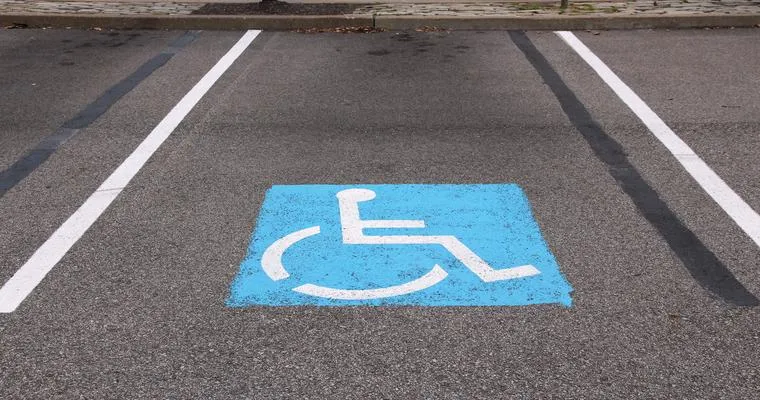If you find yourself in a situation where your "mom cannot walk" and both of her "wheelchairs" no longer work, it can be overwhelming and confusing. Understanding where to start your search for help is crucial. There are various resources and options available to assist you and your mother during this challenging time.
First, assessing your mom's "needs" is essential. Take a moment to consider her daily routine, mobility requirements, and any additional support she may need. This will help you determine what type of assistance is most appropriate.
One of the first places to look for help is your local "healthcare providers". Reach out to her primary care physician or a geriatric specialist. They can offer advice on mobility aids, recommend physical therapy, and refer you to organizations that provide support for individuals with limited mobility.
You should also explore community resources. Many local "non-profit organizations" and "support groups" focus on helping individuals with disabilities. These organizations often provide information on accessible transportation, home modifications, and financial assistance programs. Websites like the National Aging and Disability Transportation Center can be a valuable resource for finding local services.
If your mom's current wheelchairs are no longer functional, consider contacting local "medical supply stores" or "wheelchair rental services". They may have affordable options for temporary wheelchairs while you explore more permanent solutions. Additionally, some organizations offer refurbished equipment at little to no cost, which can be an excellent way to obtain a working wheelchair.
Don’t overlook the power of online resources. Websites dedicated to "caregiving" can provide insights, tips, and forums where you can connect with others in similar situations. Communities such as these can be invaluable in sharing experiences and advice.
As you navigate this process, remember the importance of "self-care". Caring for a loved one can be demanding, both physically and emotionally. Make sure to seek support for yourself as well, whether through friends, family, or professional counseling services.
In summary, if you are new to helping your mom who cannot walk and faces wheelchair challenges, start by assessing her needs and reaching out to healthcare professionals and community resources. Local organizations and online support can provide additional assistance. Take it one step at a time, and remember to prioritize both your mom's health and your own well-being during this journey.





